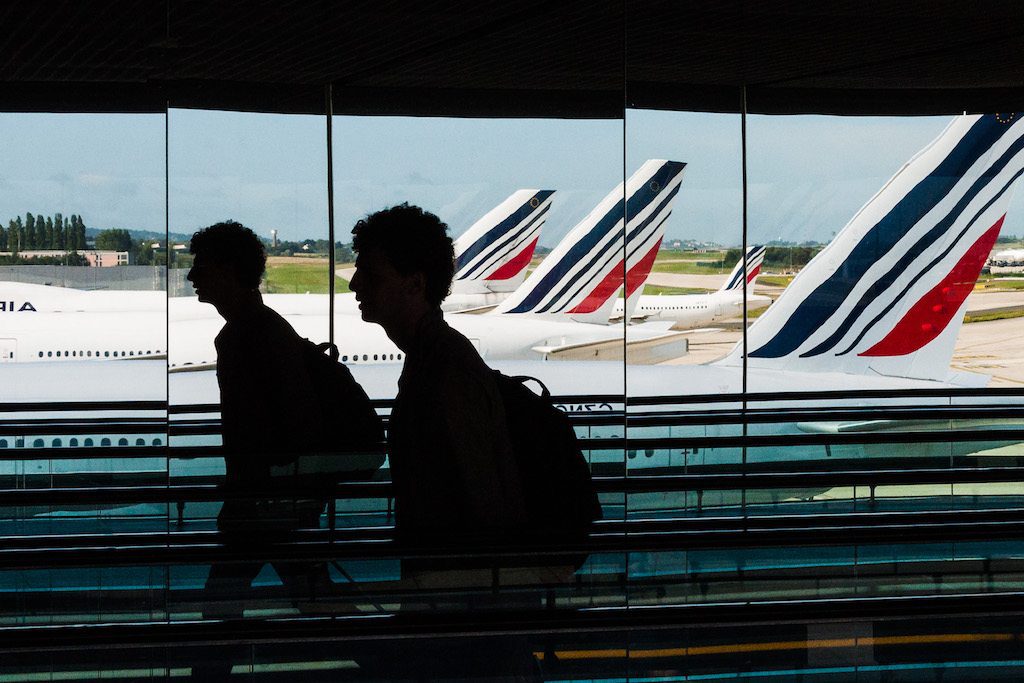Skift Take
In a pandemic, with few people flying, you might think it would be bad business to fly empty airplanes to squat on airport slots. But if that's what is required for airlines to keep access to key airports, they'll probably do it.
With little business travel expected this fall and winter, many airlines are betting the late October through March period will be among most devastating, financially, in their history. Yet, if required, they may fly empty airplanes into European airports just to retain landing rights that someday will have value.
They would prefer not to, though, which is why key stakeholders in Europe are asking the European Commission again to loosen restrictions on how often airlines must fly to an airport before they lose takeoff and landing rights. Several trade groups in Europe, including ACI EUROPE, which represents airports and Airlines for Europe, have agreed to a framework that would allow airlines to drop flights through winter and still retain airport access. The airport group joined the campaign recently, after at first resisting the idea of a new waiver, because it would prefer more flights, not fewer.
European airports are among the most tightly restricted in the world. At congested airports, airlines are assigned slots — a takeoff and landing right — and they keep each one so long as they operate a flight at least 80 percent of the time. That’s typically not an issue, but with demand low, airlines have little reason to fly many flights four or five days.
The European Commission already has helped airlines once. In March, it agreed to a slot-usage waiver through October 24, allowing airlines to significantly trim operations. Before the waiver, airlines were flying empty flights — sometimes called ghost flights — just to keep airport access. “All these European airlines were flying empty planes all over the place,” said Madhu Unnikrishnan, editor of Skift Airline Weekly.
If airlines do not receive another waiver, many carriers would do the same this winter, he added. An airline would not want to be shut out of Amsterdam or Paris when demand improved.
“Flying an empty aircraft is in the airlines best interest despite the historical collapse of demand,” Unnikrishnan said. “They will do whatever they can to hold onto valuable slots at constrained European airports.”
The trade groups outlined some proposed restrictions to their slot-usage waiver. Among them, airlines that permanently withdraw from an airport would not get to keep their access, and airlines will be required to return slots they do not expect to use at least three weeks before the first departure.
Airlines also may not squat on new slots. If they recently received new slots for this winter, they must operate the flight 80 percent of the time, or hand back the slots.
Most airlines support a new waiver, but there is at least one big exception. Wizz Air, an ultra-low-cost-carrier in Hungary, wants to leverage this crisis to win more access at key airports. In early August, its CEO József Váradi, released a statement blasting the European Commission for considering an extension. Wizzair, unlike many of Europe’s largest discount airlines, is not a member of Airlines for Europe.
“The calls to prolong the slot waiver until March 2021 are against free competition and protect incumbent airlines with weak business models while airlines like Wizz Air are ready to take up new market opportunities and provide even more low fare opportunities for their passengers and essential connectivity for countries,” he said.
The Daily Newsletter
Our daily coverage of the global travel industry. Written by editors and analysts from across Skift’s brands.
Have a confidential tip for Skift? Get in touch
Tags: covid-19, european airlines, slots
Photo credit: A passenger walks down a mirrored hallway in the Charles de Gaulle airport in Paris, France. Mark Fischer / Flickr
